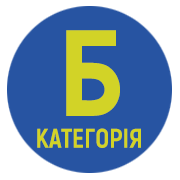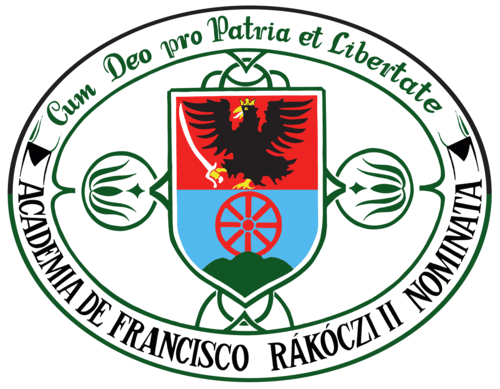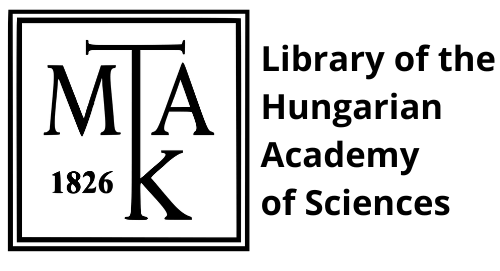“What I will take with me when I walk the Road of Beauty”. Female characters in Martha Hall Kelly’s novel “Lilac Girls”
DOI:
https://doi.org/10.58423/2786-6726/2025-1-191-202Keywords:
contemporary American novel, Martha Hall Kelly, female characters, female experience, extreme situationsAbstract
The article explores the female characters in the debut novel Lilac Girls by contemporary American writer Martha Hall Kelly. These characters create a polyphonic narrative voice, allowing the novel to depict the historical situation of war-torn Europe from different perspectives: from the viewpoint of a Nazi victim (Kasia Kuzmerick), a war criminal (Herta Oberheuser), and an American philanthropist (Caroline Ferriday). The article highlights the multidimensional nature of the female characters, constructed as a synthesis of historically accurate facts and the author’s imagination. It also examines the specificity of uniquely female experiences of existence in extreme situations (war, occupation, life in a concentration camps, torture, and medical experiments).
Kasia’s character is one of the most complex one in the novel, as she combines traits of real women who survived experiments at Ravensbrück with the author’s interpretation of a young woman’s coming of age, her search for identity, and her struggle to preserve her individuality and overcome the guilt that hinders her ability to build relationships with loved ones. Through the character of Herta, the author investigates the mechanisms (propaganda, intensified social frustration, the reinforcement of patriarchy in German society following the rise of the Nazis to power) that lead to the loss of ethical bearings and the complete moral degradation of an individual. The character of Caroline serves several important functions: she connects the plotlines of Kasia and Herta, helping to create a cohesive narrative; she accentuates the contrast between war-torn Europe and the United States, where citizens did not experience drastic changes following the outbreak of war; she vividly portrays the historical context by emphasizing political issues, and she embodies M. Hall Kelly’s idea of the power of human solidarity – the ability of a united community to stand up against evil.
References
Gonsales-Galiego, Rina 2021. Polski «krolyky» Ravensbriuka [Polish “rabbits” of Ravensbrück]. Nova Polshcha. https://novapolshcha.pl/article/polski-kroliki-ravensbryuka/ (Accessed: 11.01.2025). (In Ukrainian)
Eger, Edit 2021. Vybir: pryiniaty mozhlyve [The Choice: Embrace the Possible]. Kyiv: Knyholav. (In Ukrainian)
Fromm, Erikh 2019. Vtecha vid svobody [Escape from Freedom]. Kharkiv: Knyzhkovyi Klub «Klub Simeinoho Dozvillia». (In Ukrainian)
Kharlan, Olha 2022. Kvitkova nomenosfera: poetyka zaholovkiv suchasnykh romaniv [The Flower Nomenosphere: The Poetics of Contemporary Novel Titles]. Spivy zemli: biolohiia ta ekolohiia v literaturi ta kulturi: materialy mizhnarodnoi naukovoi konferentsii (22–23.09.2022 r.) / red. kol. O. P. Novyk, O. D. Kharlan. Berdiansk: BDPU. (In Ukrainian)
Hall Kelly, Martha 2021. Buzkovi divchata [Lilac Girls]. Kyiv: Nora-Druk.
Półtawska, Wanda 2009. I boję się snów [And I Am Afraid of Dreams]. Częstochowa: Edycja Świętego Pawła. (In Polish)
Downloads
Published
How to Cite
Issue
Section
License
Authors retain copyright and grant the journal the right of first publication. The work is simultaneously licensed under a Creative Commons Attribution 4.0 International License (CC BY 4.0), which permits others to share the work with appropriate credit given to the author(s) and the initial publication in this journal.

















